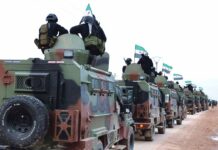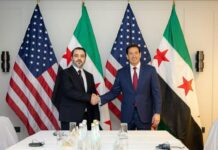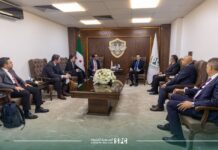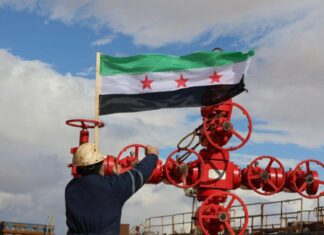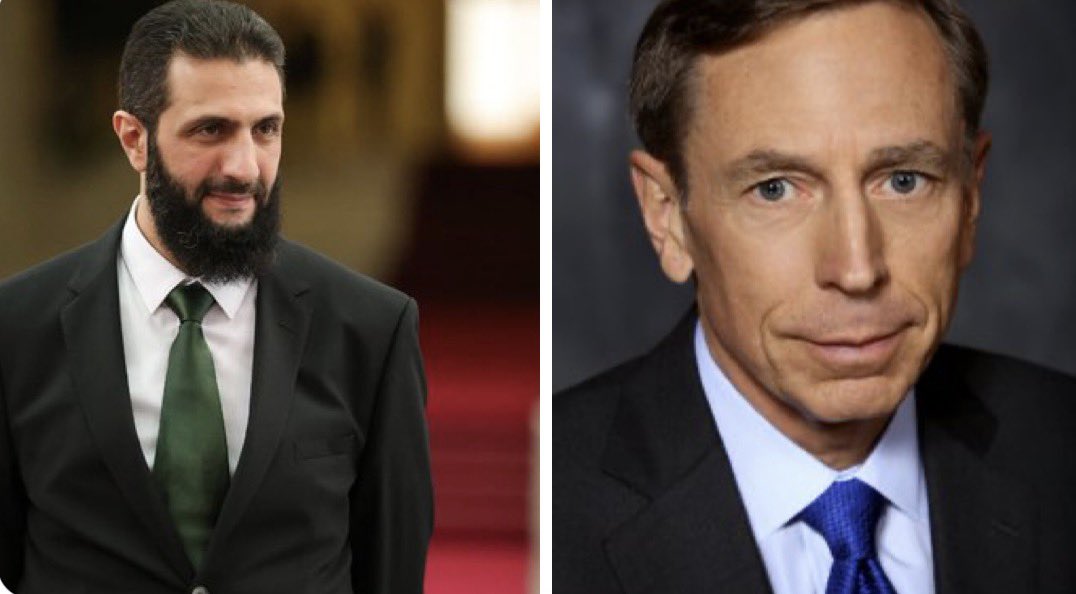
The Concordia International Summit announced that Syrian President Ahmad al-Sharaa will deliver a keynote address at its 2025 gathering in New York, marking the first speech by a Syrian head of state at such a global forum since 1967. The event coincides with the opening of the 80th United Nations General Assembly (UNGA) and highlights Syria’s push to reassert itself internationally after years of conflict.
Concordia, founded in 2011, brings together government leaders, the private sector, and civil society to tackle global challenges. Organizers said Sharaa’s presence carries both symbolic and practical significance, reflecting Syria’s efforts to project a new political, economic, and security posture while inviting investment in reconstruction projects.
An Unlikely Conversation
Following his address, Sharaa will sit down with retired US Army Gen. David H. Petraeus, former CIA director and commander of US forces during the Iraq War. The discussion, titled “Democracy, Security & Geopolitical Risk,” will focus on Syria’s reconstruction, regional diplomacy, and the role of Islamist movements in shaping future partnerships.
The exchange brings together two men once positioned on opposite sides of a war. During Petraeus’s leadership of the 2007 “surge” in Iraq, he spearheaded the “Sunni Awakening,” a program that mobilized tribal fighters against insurgent groups resisting US occupation. At the same time, Sharaa—then known by his nom de guerre Abu Mohammad al-Jolani—was in Iraq as a volunteer fighting US forces.
Years later, as head of the CIA, Petraeus argued in testimony before Congress that elements of Syria’s Islamist opposition could serve as partners if shielded from government airstrikes. Many of those movements, including factions linked to Sharaa, were backed by US policy during that period.
Petraeus’s Pragmatic Policy
Now serving as Syria’s transitional president, Sharaa embodies one of Petraeus’s most controversial claims: that some Islamist movements could evolve into negotiating partners rather than permanent adversaries. At the Aspen Security Forum in July, Petraeus said Washington should give Sharaa “every chance to show that he is going to do what he has said he’s going to do” (The Epoch Times, July 18, 2025).
Sharaa’s trajectory—from insurgent commander to head of state—illustrates the complexities of US policy in the region and the blurred lines between foes and allies in the wars that followed the fall of Saddam Hussein and the Arab Spring.
Symbolism Beyond Syria
For Concordia, the moment underscores its role as a platform for dialogue across political divides. For Syria, it signals a bid to re-enter global diplomacy while presenting a vision of economic recovery and national reconciliation.
Those watching the historic exchange, the sight of Petraeus and Sharaa sharing a stage, will witness a striking turn: two former adversaries discussing the future of a country where their choices once defined the battlefield.

